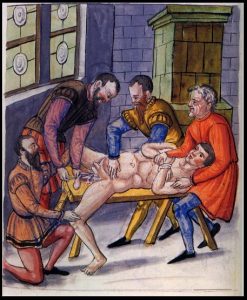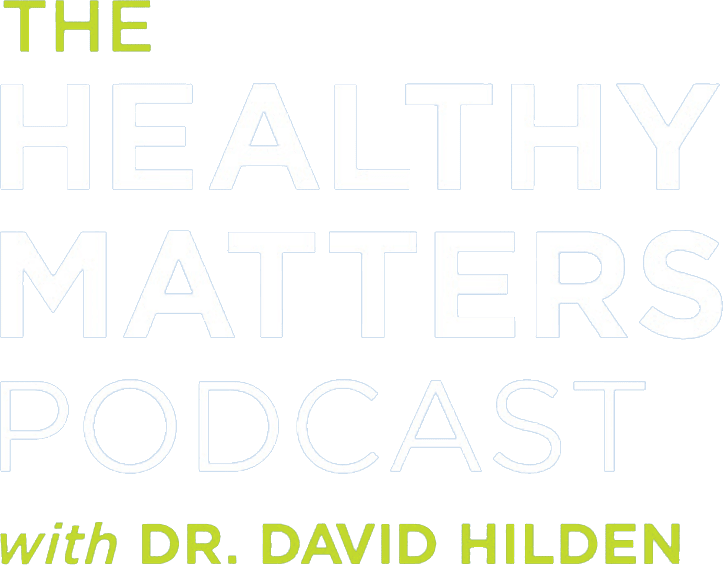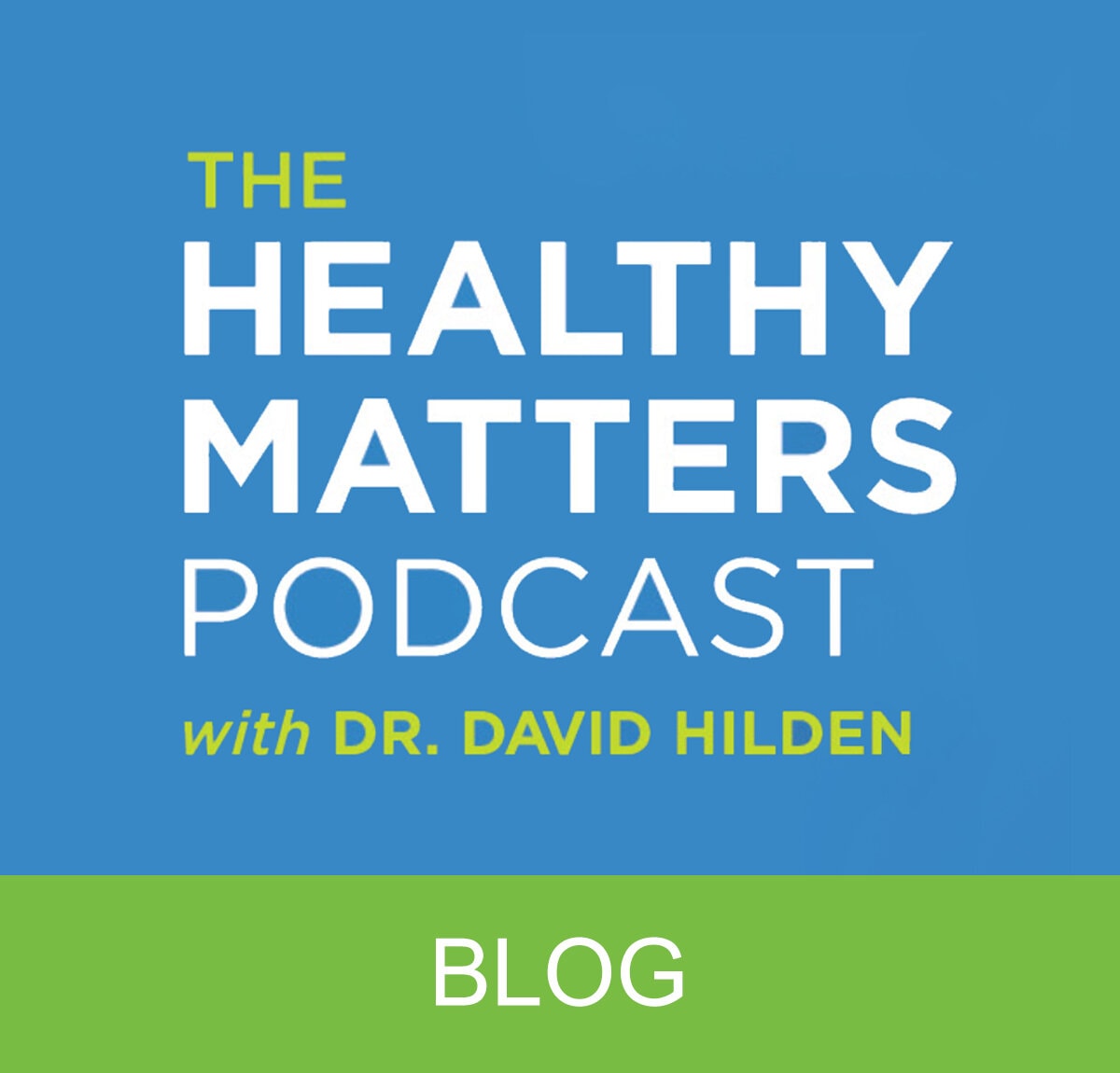Aspirin for people over 70? New science right here.
I know many people who take a daily aspirin in an effort to stay healthy. I even know many doctors who recommend it. But you may be surprised to know about what the actual medical science says about aspirin.
Back in 2016, I wrote a post that proved to be one of the most-popular that whole year. In that post I described the guidelines for who, and who should not, be taking a daily aspirin. Fortunately, that post is still largely accurate and these guidelines have not changed in the past two years. You can read that 2016 post here.
But there is now a massive new study about a group of people for which there was no medical science one way or the other. The new study, called ASPREE (ASPirin in Reducing Events in the Elderly) was just published in September 2018 and it specifically looked at healthy people over age 70.
The one thing you need to know
There is no data to support healthy people 70 and older for taking a daily aspirin, and in fact, it likely has more risks than any potential benefit.
I will expand a bit on this new data in this post.
Music and wellness
 In this post I’m going to diverge slightly from my usual medical writing to talk about a different part of being healthy and well. So I’m going to ask you to read an essay I wrote this past summer for the Minnesota Orchestra. The link is repeated below after a few introductory comments.
In this post I’m going to diverge slightly from my usual medical writing to talk about a different part of being healthy and well. So I’m going to ask you to read an essay I wrote this past summer for the Minnesota Orchestra. The link is repeated below after a few introductory comments.
How does music – or art in general – relate to health and wellness?
There is a notion in healthcare that I think we need to explore further. In brief, it is likely true that stress in our lives may lead to health problems, probably via some complex inflammatory changes in our bodies. So reducing stress in our lives is probably a good idea. Art can certainly do that.
But beyond that rather nerdy physiologic reason, I think it is vitally important that each of us find beauty in our world. Our national discourse is so ugly and uncivil that it is making us sick. Our daily lives are filled with screen time, busy schedules, bills to pay, and the daily tasks of life. All of this makes music and art and beautiful things all the more important.
I often turn to orchestral music. I spend lots of evenings at Orchestra Hall in downtown Minneapolis and I am privileged to have met some of the talented people at the Minnesota Orchestra. They have graciously published my thoughts on music on the orchestra’s website and I invite you to read it by clicking below.
For my essay, click on “A Life with Music” at the Minnesota Orchestra website.
I also wrote a piece in August 2016 about my trek to Europe with the Orchestra in which I talk about saunas full of naked people, Beethoven, bicycles in Europe and my thoughts on being abroad with a world-class orchestra. Read about all that in “The Finer Things” here.
Comments are welcome below. Subscribe by e-mail to MyHealthyMatters if you wish to receive non-commercial health and wellness info!
David
OK what’s a hernia and how do you get rid of it
 Anybody know what a hernia is and how to get rid of it? Well, I’ll tell ya!
Anybody know what a hernia is and how to get rid of it? Well, I’ll tell ya!
Many think of hernia as something old men get. Reminds me of a TV show that I watched repeatedly years ago. The show was “Cheers” and it followed the gang from the Boston bar where “everybody knows your name.” In one episode, Sam Malone (played by Ted Danson) develops a hernia and he’s struggling since he considers it a condition old men get and it called into question his youthful virility. There must be something with men and aging and our fragile egos. Or so says my wife.
Technically speaking, and I know how smart and techy all you MyHealthyMatters readers are, a hernia is when an organ or other body tissue gets squeezed through a weak spot in the surrounding tissue or muscle. This can happen in lots of places in your body, among them (warning the following few sentences may make you go “ewwww”):
- Intestines poking through a weak part of the abdominal wall (inguinal, umbilical, abdominal hernia).
- Stomach getting pushed through the diaphragm so part of it lands in the chest instead of the abdomen (hiatal hernia).
- Even the brain can herniate, which is a fatal condition in which the stem of the brain gets forced out of the base of the skull due to swelling, inflammation, bleeding, or trauma.
I’m going to focus on the first kind of hernia. I’m doing so because on a recent Healthy Matters broadcast, we had a great discussion about hernias with my two guests, both terrific surgeons at Hennepin Healthcare.
Read on to meet those surgeons, to learn a bit more about hernia, and especially to learn of a great opportunity to attend an event in Minneapolis. For the aurally inclined, you can listen to our hernia show via the podcast here:
See that 16th century hernia surgery in the picture above? Thankfully, hernia surgery is much more civilized now. Read on . . . read more…



